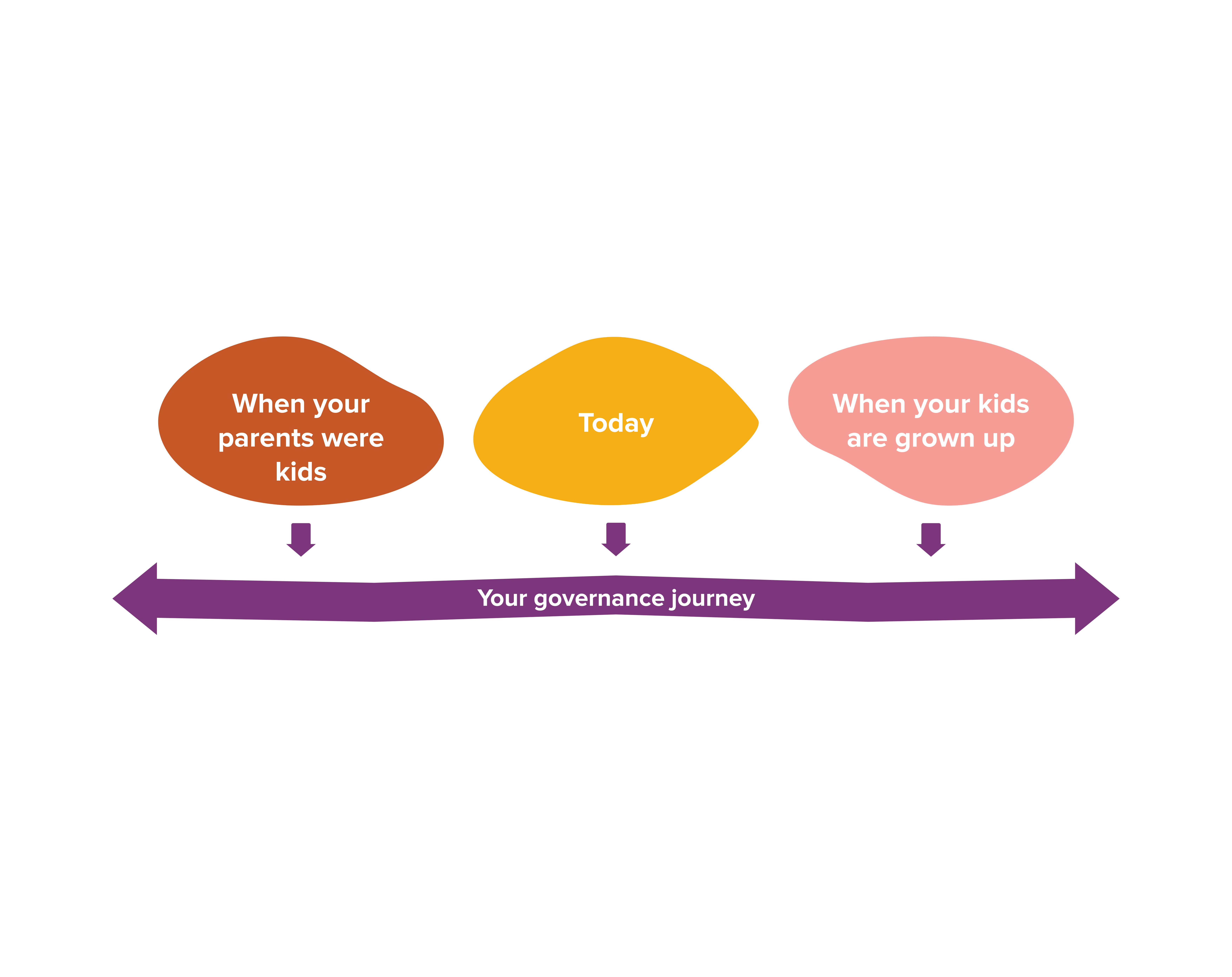To help Aboriginal and Torres Strait Islander corporations understand what Data Sovereignty means and why it matters...
Learn from history

This topic is about going back to the past and exploring where your governance has come from. We focus on how reflecting on your history can help your group understand what works, what doesn’t and how you can move forward. This topic matches ‘Learn from history’ in our Governance Self-assessment Tool. We recommend that you do activities 2.1 and 2.2 in the tool after reading each subtopic.
While reading this topic, think about the following questions and how they relate to your organisation, community or nation:
- How has your governance worked in the past?
- What things do you value about your past way of governing?
- What does your current governance look like compared to back then?
- What did you do well?
- What lessons did you learn?
Learn from the past
Every organisation, community or nation has a unique governance history. Your history is the story of where your group came from and how you got to where you are. As your governance grows and changes, looking to the past can help you make stronger decisions.
Reflecting on your governance history means going back to the beginning and exploring where your group came from. It’s also an opportunity for your group to yarn with and learn from one another.
You can share stories about what has shaped your governance. For example, past successes, challenges and significant events. Together, you can reflect on:
- what helped you succeed
- how you responded to challenges
- what lessons can be learnt from these experiences.
You can talk about what’s changed, what’s stayed the same, and the reasons why.
“We are very open to discussion about what has happened in the past, what went right and what went wrong and how we can improve moving forward.”
– Seabrook Aboriginal Corporation, Indigenous Governance Awards, 2016, Category A Shortlisted Applicant.
Reflecting on your history does not mean doing things exactly as they were done in the past. The goal is to learn from the past so you can better navigate your future.
Knowing your history is helpful because it puts things in context. It helps people understand why things are the way they are.
This exercise can help you clarify what works well for your governance and what doesn’t. It can also clarify your group’s values. By discussing ideas and experiences together, you can draw from lessons that inform your future decision-making.1John T. Seaman Jr. and George David Smith, “Your Company’s History as a Leadership Tool,” Harvard Business Review, published December 2021, [link]
Aboriginal and Torres Strait Islander viewers should be aware that this video may contain images and voices of persons who have passed.
The Arnhem Land Progress Aboriginal Corporation (ALPA) is the largest Aboriginal corporation in Australia. It operates across twenty-seven locations in the Northern Territory and Queensland. ALPA contributes to the development of local economies and Indigenous businesses. Some of their economic ventures include:
- retail stores
- accommodation and hospitality, in partnership with local families
- training and employment services
- construction
- youth services
- furniture manufacturing
- homelands service delivery.
ALPA was established in 1972 as a co-operative of community stores in Arnhem Land. Before this, the Methodist Overseas Mission Commission (MOM) supervised the Yolŋu people of Arnhem Land. The church opened and operated community stores. MOM established the Arnhem Land Civic and Economic Development Council Inc. (CEDAR) for Yolŋu economic development. The Arnhem Land Progress Association Incorporated was formed as an activity of CEDAR.2“Our History,” Arnhem Land Progress Association, accessed June 2023, [link]
Today ALPA is financially independent. It’s owned by Yolŋu members and governed by a Yolŋu board of directors. Read more about ALPA’s history on their website.
In this video, ALPA directors share the organisation’s history, where it is today and its vision for the future.
Use activities 2.1 and 2.2 to reflect on your governance history and draw lessons for the future.
We’ve translated our extensive research on Indigenous governance into helpful resources and tools to help you strengthen your governance practices.
Stay connected
Subscribe to AIGI news and updates.

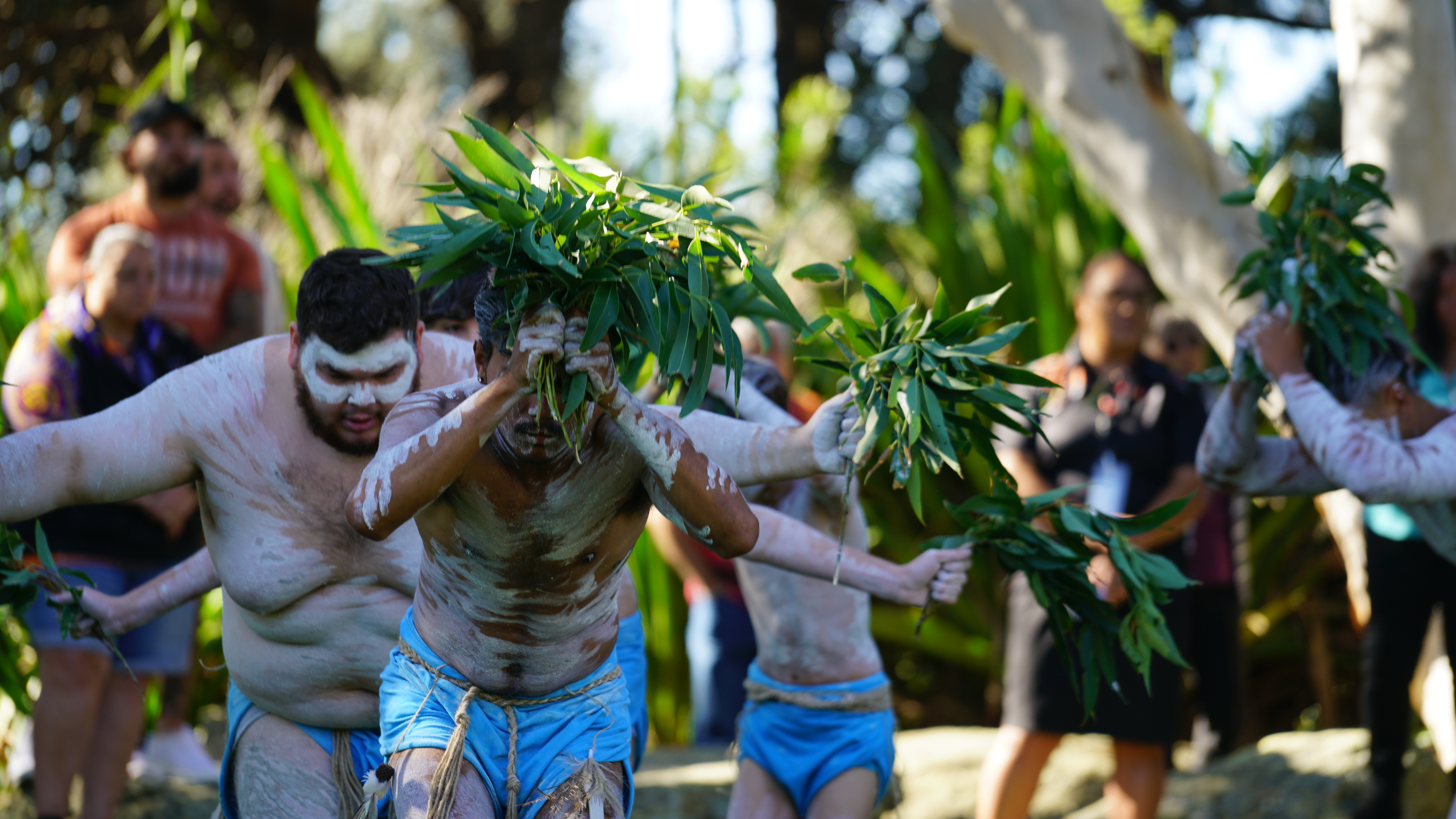
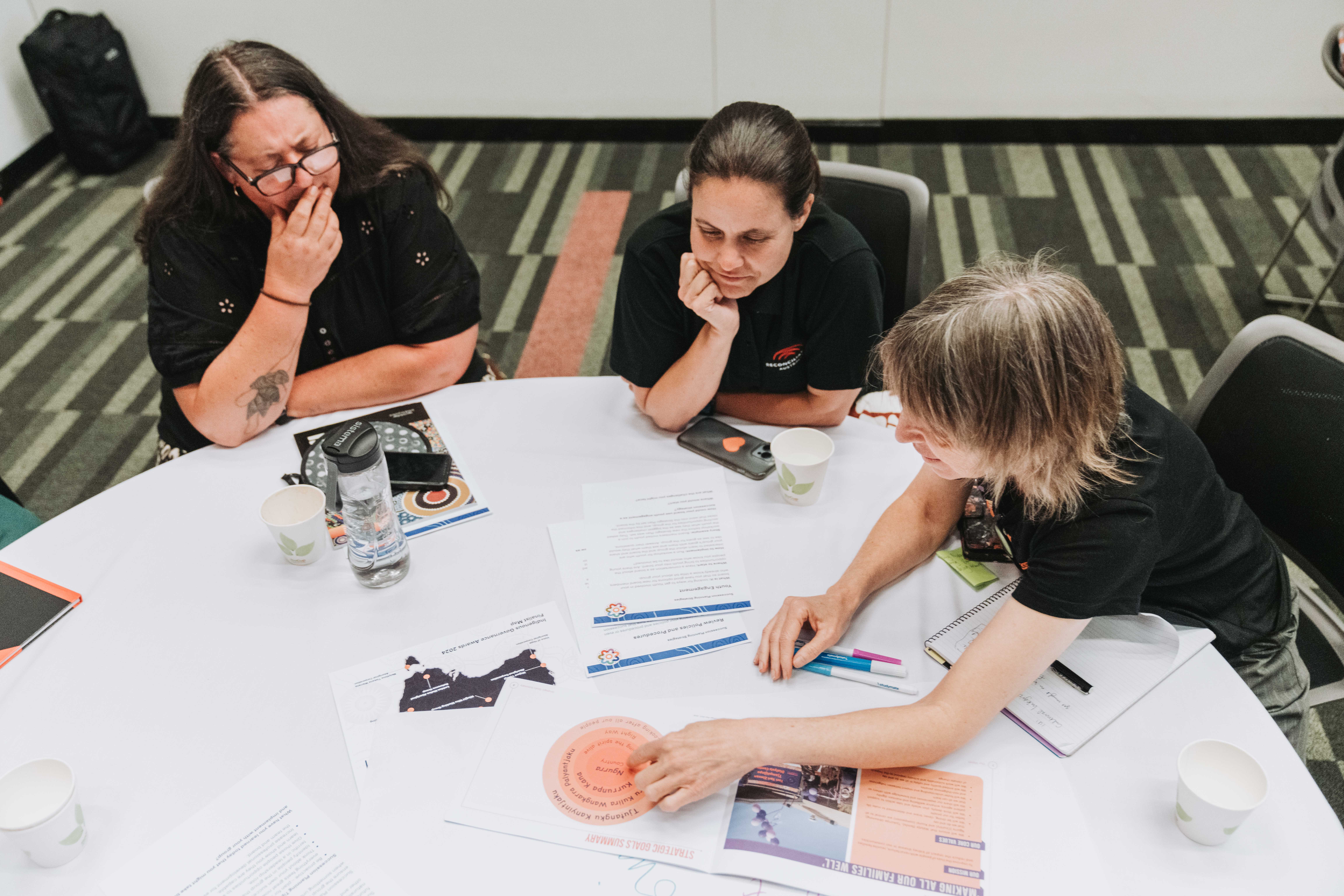
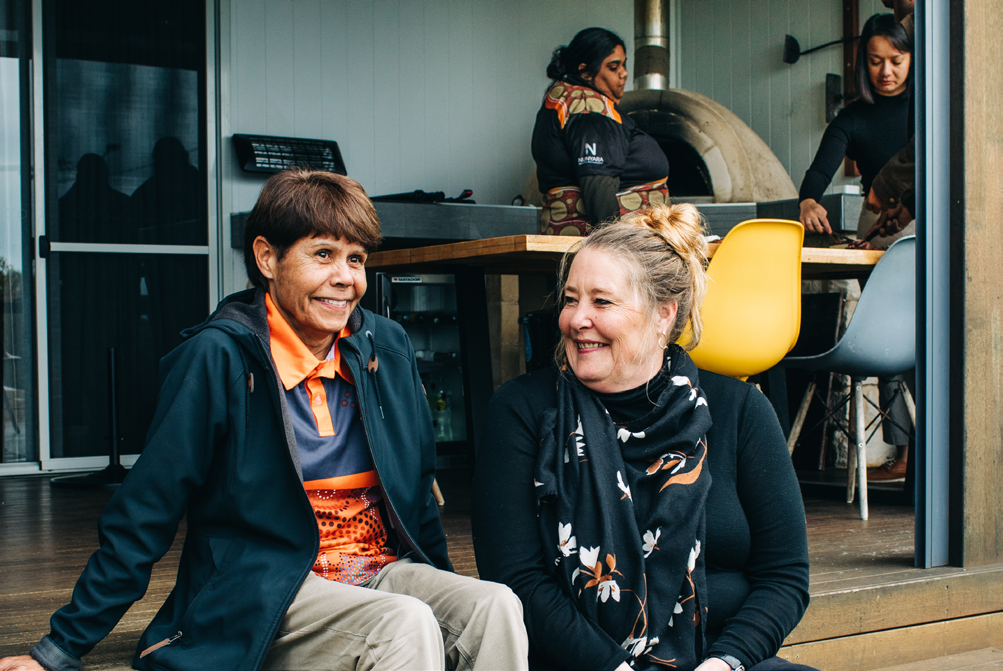

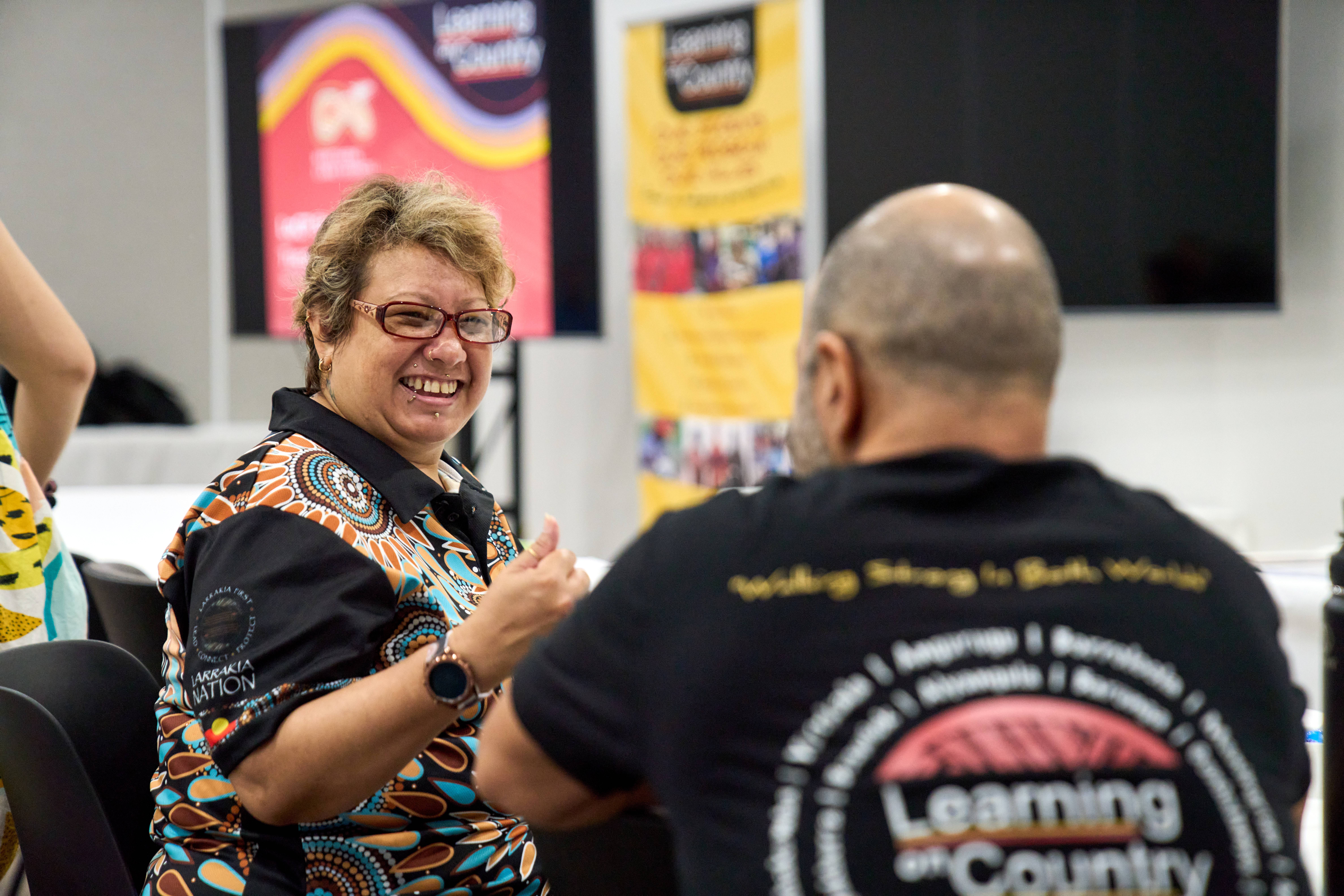
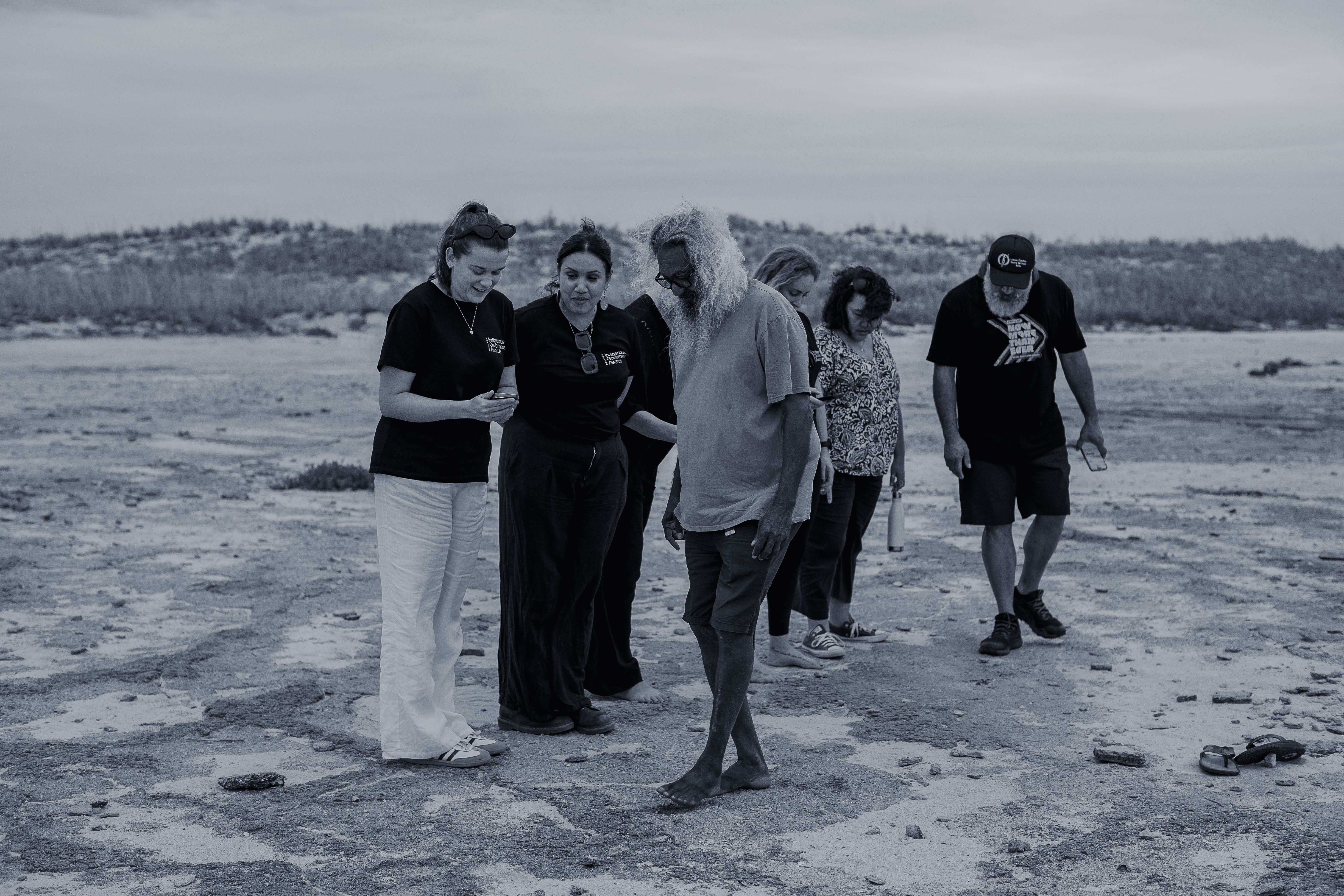
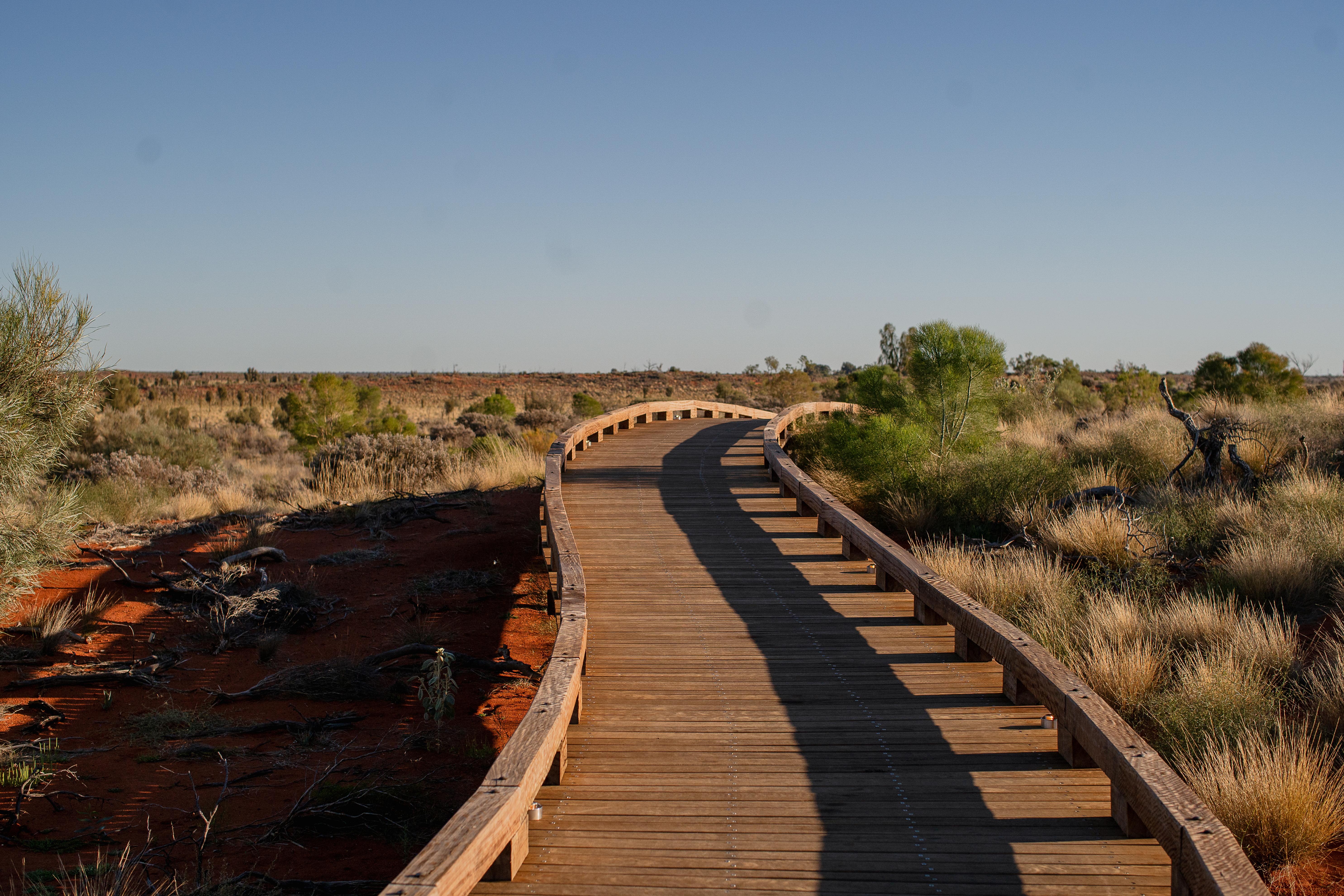
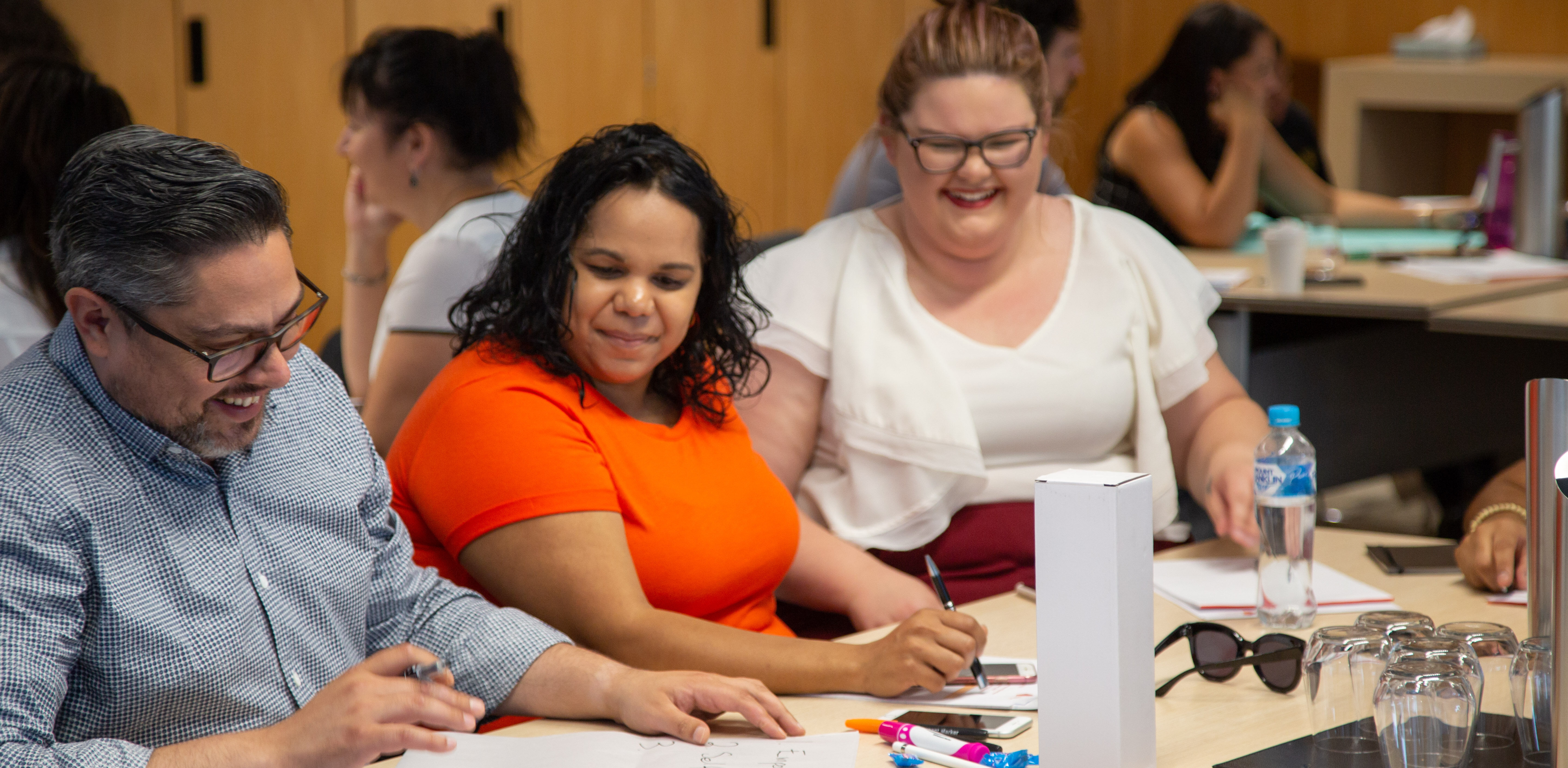
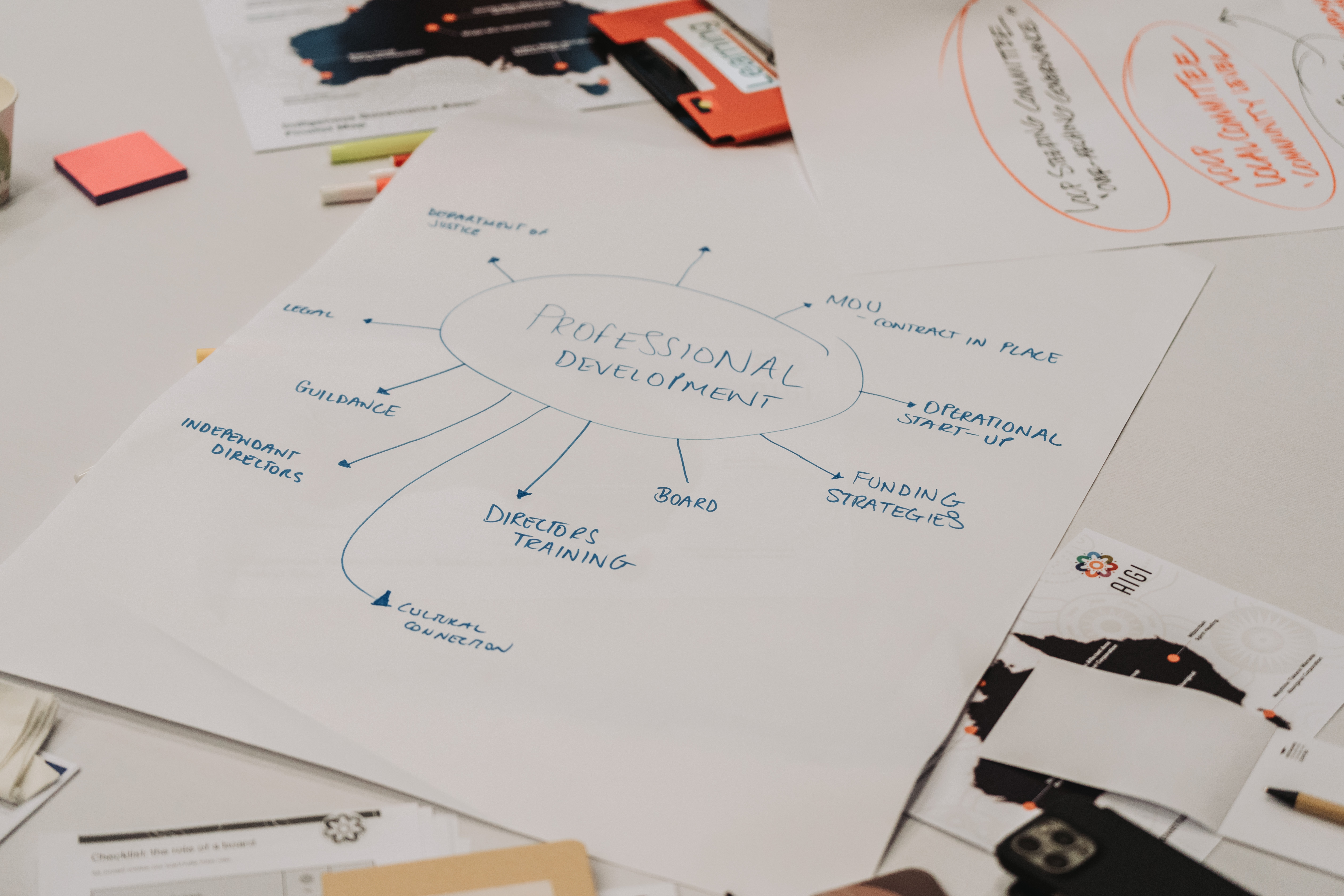
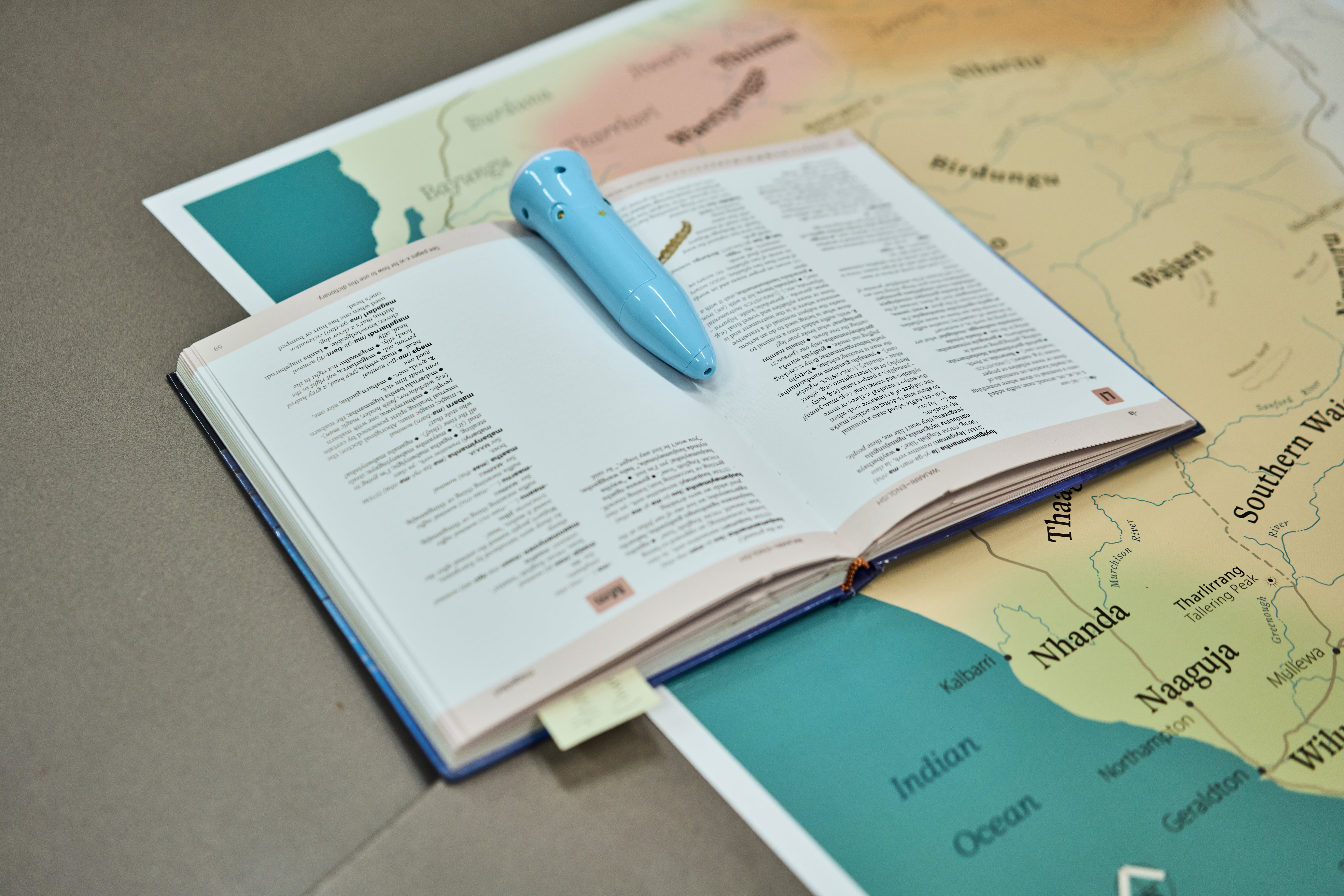

.png)


